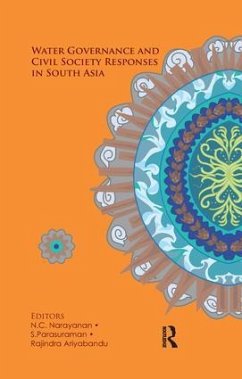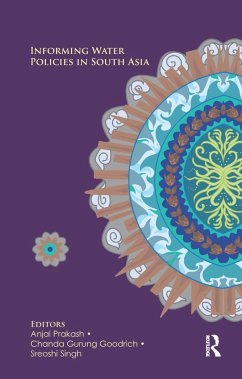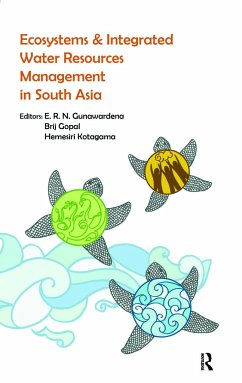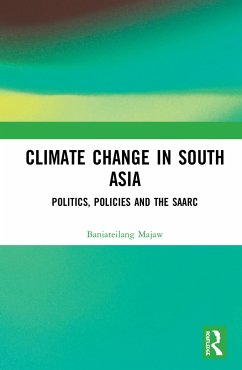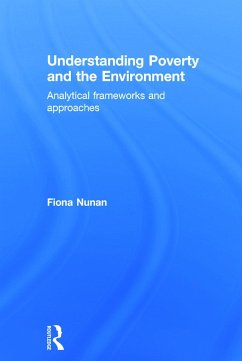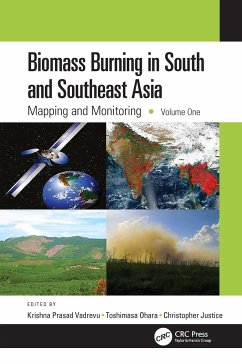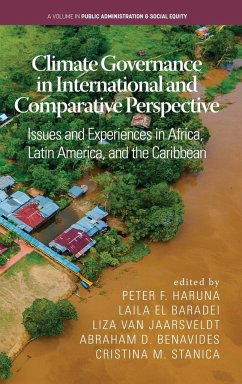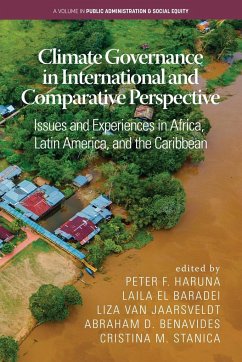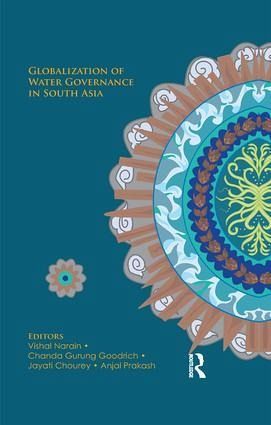
Globalization of Water Governance in South Asia
Versandkostenfrei!
Versandfertig in 1-2 Wochen
55,99 €
inkl. MwSt.

PAYBACK Punkte
28 °P sammeln!
Globalization has significantly redefined the nature of governance in the water sector. Non-state actors-multilateral and transnational donor agencies and corporations, non-government organizations, markets, and civil society at large-are assuming a bigger role in public policy-making for water resource management. New discourses on neoliberalism, integrated water resource management (IWRM), public-private partnerships, privatization, and gender equity have come to influence water governance. Drawing upon detailed case studies from India, Bangladesh, Nepal, Sri Lanka, and Bhutan, this volume s...
Globalization has significantly redefined the nature of governance in the water sector. Non-state actors-multilateral and transnational donor agencies and corporations, non-government organizations, markets, and civil society at large-are assuming a bigger role in public policy-making for water resource management. New discourses on neoliberalism, integrated water resource management (IWRM), public-private partnerships, privatization, and gender equity have come to influence water governance. Drawing upon detailed case studies from India, Bangladesh, Nepal, Sri Lanka, and Bhutan, this volume shows the implications of these new global paradigms for water allocation and management practices, institutions and governance structures in South Asia. It suggests that, despite claims to the contrary, they have done little to further human well-being, reduce gender disparity, or improve accountability and transparency in the system. Steering away from blueprint approaches, it argues for a more nuanced and contextual understanding of water management challenges, based on local knowledge and initiatives. This book will be useful to those interested in political economy and water governance, natural resource management, environmental studies, development studies, and public administration, as well as to water professionals, policy-makers and civil society activists.





